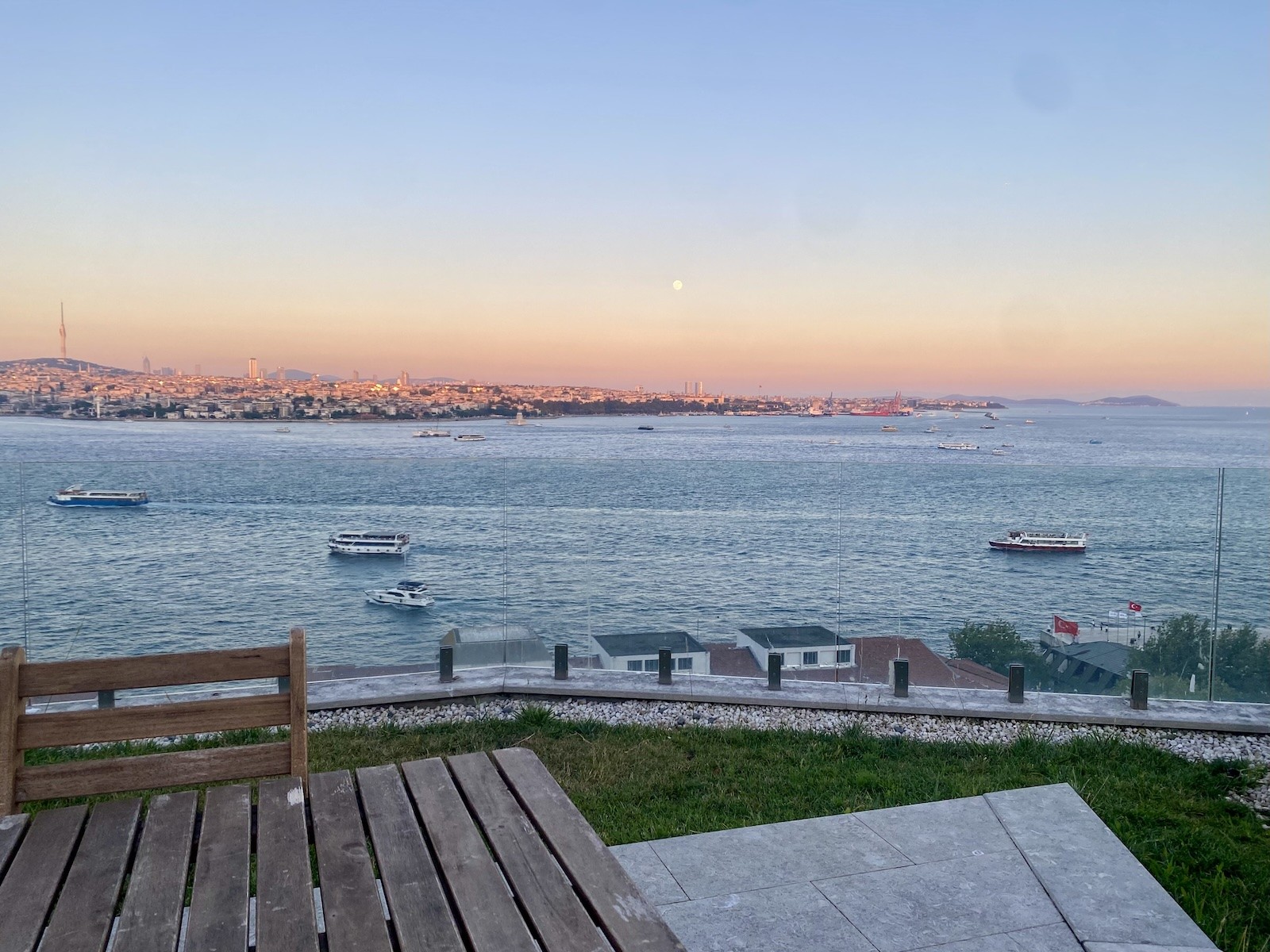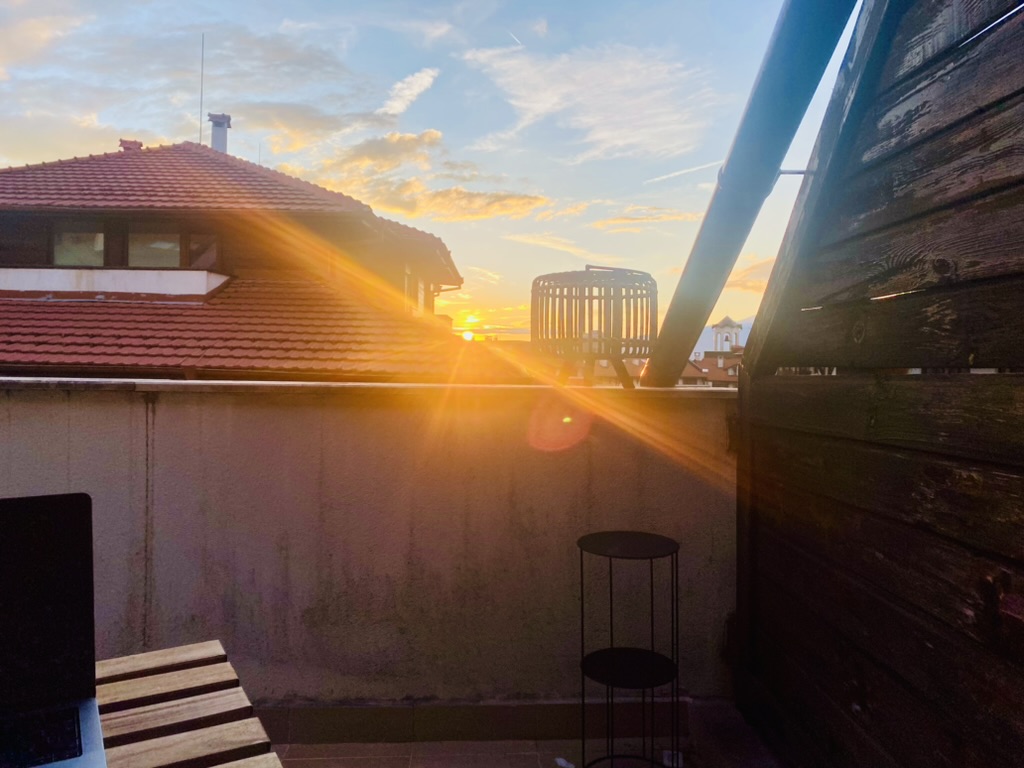Small Ecosystem Energy

After my life admin clean-up in April, I decided it was time to change environment and find some new energy. I visited a friend in Barcelona, where we spent a couple of weeks writing code and eating tapas.
I kept the journey rolling into June and had a similarly great time meeting and staying with friends in Berlin, Istanbul, and, now, Bansko. Although I haven't gone out my way to tap into other country's startup ecosystems, it's still been interesting to observe and absorb the energy around them.
Istanbul deserves it's own post. It is one of the most remarkable cities I've ever visited, steeped in a grand sense of history. If you can harness the ambient energy, you'll have an unlimited supply.

Barcelona and Berlin have a similar vibe to the UK ecosystems I've worked in. They're now both fairly established economic centres. That brings greater economic opportunity, but also greater inertia.
The word ecosystem is thrown around a lot, to an extent that we've perhaps become detached to its meaning. At a fundamental level, an ecosystem is system of interacting economic organisms – big companies supply contracts to new companies in return for innovation; wealthy investors supply capital to cash-strapped founders in return for potential future returns; governments provide grants and tax incentives in return for job creation and economic growth. And so on.
So, it might appear that the more established ecosystems are better, because they have more of these economic organisms. But, there's more to it than that. A thriving ecosystem needs these organisms to interact with each other. This can be catalysed by a culture of openness and reciprocity. In theory, it can also be catalysed by ecosystem support organisations who organise events, provide co-working space, and offer matching services. But, probably the best catalyst of ecosystem interaction is density.
Nothing propels progress quite like packing hustlers, hackers, designers, and investors into a small space. This is the weakness of the big established centres. They're too spread out, too dilute, too set in their ways. Without serendipity-level interactions, a localised ecosystem offers little over just doing it all online.
At the early stage, I think founders – often frustrated by the inertia of their established environment – use the term "ecosystem" as a proxy for "energy". Taking a project from zero to one is like conjuring water out of the air – possible, but very energy intensive. You need to be surrounded by people who have a taste for the impossible, not just those whose experience is tapping into existing streams.
Which brings me back to Bulgaria. You'd think that the country experiencing the worst demographic collapse anywhere in Europe wouldn't be contending to be its next tech hub, but I think this place has a lot going for it.
Bansko is a small alpine town with probably the highest co-working space per capita of anywhere in the world. It has a high density of entrepreneurs and remote tech workers.
On the other hand, it is not an established ecosystem, so there's also a low density of bureaucrats and corporate folk. Everything is being built from the ground up, free from "adult supervision".
Combine those factors with Bulgaria's affordability, low tax rates and proximity to countries with abundant tech talent, and it feels possible that a cottage ecosystem could emerge.
On top of that, I'm just generally charmed by this country. The food is great, the people are lovely, and the nature is stunning. I'm looking forward to returning.

Thanks for reading! If you enjoyed this, subscribe for free to get next month's post delivered direct to your inbox.